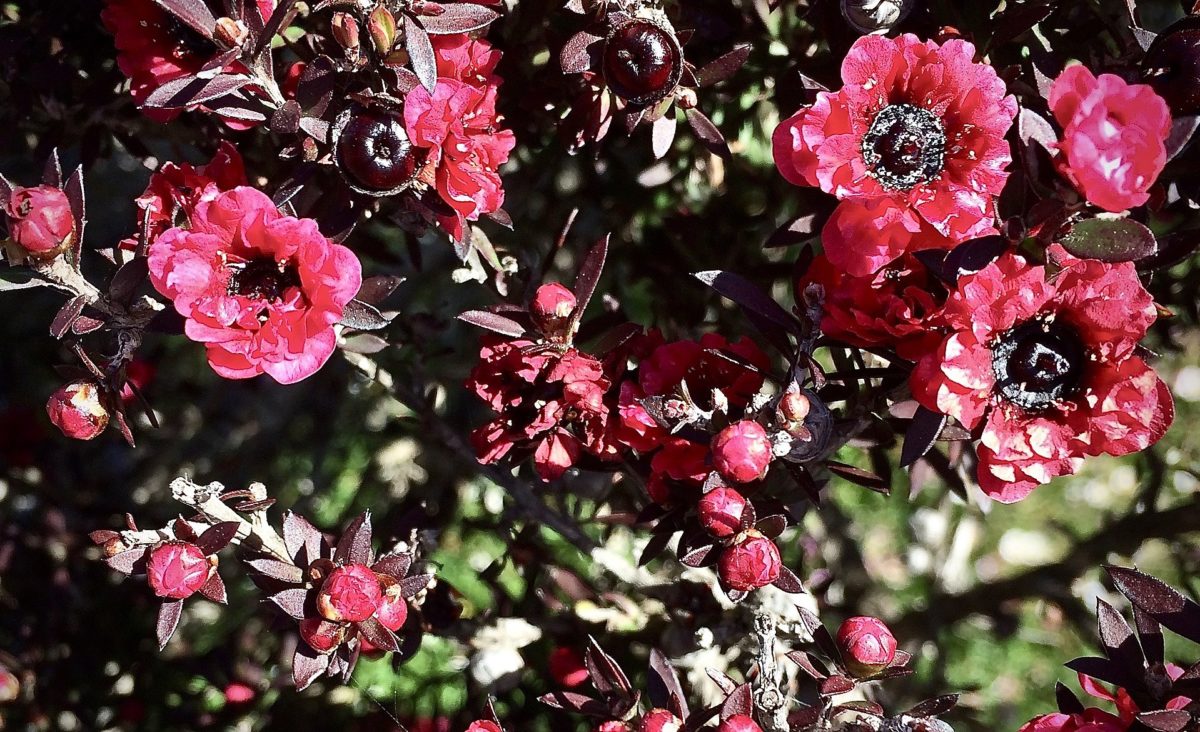Plant & Food Research scientists are involved in three newly funded Better Border Biosecurity (B3) research projects to strengthen New Zealand’s borders against exotic pests and pathogens that could cause serious damage to primary industries and taonga plant species.
Plant & Food Research’s Hayley Ridgway is leading a team looking at safely increasing importation of plant tissue culture. The three-year project will use latest and existing technology to examine different tissues of blueberry, hops, radiata pine and mānuka and track how microbial communities persist or diminish during their growth.
This will provide a better understanding of the presence, and risk, of microorganisms passing into tissue culture, including on non-symptomatic plants.
The project, involving scientists from Plant & Food Research and Scion, will ultimately identify best methods to perform rapid and comprehensive screening of tissue culture at the border.
Plant & Food Research scientists are also part of projects that aim to involve airport communities to improve international travel-related biosecurity (led by Scion and with scientists from Lincoln University and AgResearch); and to build new knowledge of biosecurity risks from pathogens, pests and weeds in a changing climate (led by AgResearch with Scion and Lincoln University, with support from industry collaborators).
B3 brings New Zealand’s top scientists together with government, industry, Māori and communities to provide research for new tools and processes to safeguard our precious and productive plants.
B3 Director Desi Ramoo says climate change and global megatrends will influence the nature of New Zealand’s future biosecurity risk. B3’s portfolio of research provides essential science needed by stakeholders to react to changing pressures through passenger and import pathways.
B3 Co Director Māori Alby Marsh says all new projects involve high levels of engagement with mana whenua, particularly in areas of New Zealand where research is being conducted. Open and ongoing engagement with Māori is key to B3’s collaborative science efforts and its growing commitment to involving mātauranga Māori and its experts in science projects, he says.
Source: Plant & Food Research












